See the best deals in your city on solar systems using LG solar panels
See the best deals in your city on solar systems using LG solar panels
An expert review of LG solar panels
Key Advantages of LG Solar Panels
Part of one of the strongest consumer electronics companies in the world and the company in which we have most faith will be there to support their brand over the long haul.
Key Disadvantages of LG Solar Panels
Not the most efficient panels compared to Panasonic or Sunpower but still good enough that their company strength gets them to number 2 overall.
See the best deals in your city on solar systems using LG solar panels
LG Solar Panels Summary
The LG Neon series of panels are a good quality solar panel with efficiency between 18.6 and 19.5% conversion of solar irradiation to power at the module level. This is in the top 5 % of module manufacturers. LG also offers a range called Mono Plus panels with efficiency in a range of 16.8 to 17.4.
The key reason that we rate LG number 1 as a solar panel brand is not the quality of the solar panels per se it is the strength of the company.
They also score well on value when compared to the other solar panels that are in the top 5 percent on panel specifications such as Sunpower and Panasonic.
Their Neon 2 series uses a Cello technology to reduce resistance and has allowed them to gain slight improvements in efficiency but they are still below Sunpower and Panasonic on the efficiency of their panels.
There are two specific things about the strength of the company that lead us to weight this so highly being:
- They are an excellent electronics manufacturing company and so we believe the likelihood of their panels having defects out of the factory, or developing defects in the future is very small; and
- They are part of one of the strongest corporate groups in the world and one of the most valuable electronics brands in the world. Companies that have a brand that is worth billions are much more likely to spend money on warranty work and replacing faulty products than those companies with little value tied up in their brand.
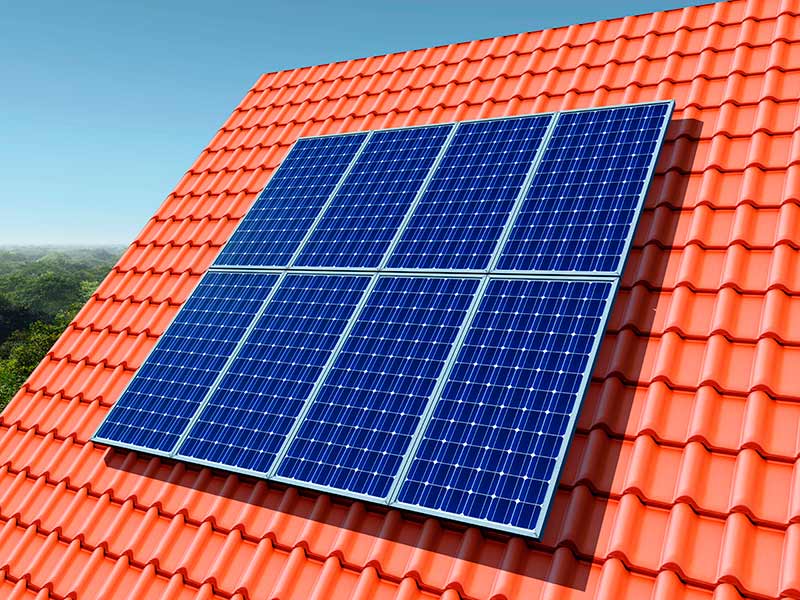
Factors used to rate solar panel brands and how LG Solar Panels rank on each of these
We use the following factors to measure solar panels brands against each other
LG Solar Panels Warranty
LG offer a 12 year structural warranty referred to as a "product warranty". This is slightly longer than the 10 year industry standard. This warranty is limited to physical and mechanical defects
They also offer a linear power output warranty for 25 years with a 2% degradation in the first year and then a 0.6% per year degradation allowed for in following years.
This linear power output warranty is a feature only offered by the better brands of solar panels. Other lower quality brands offer what is known as a step down warranty where they only warrant 90% of rated power at standard test conditions for 10 years and then 80% of rated power from your 11 to 25.
So on this note the LG solar panel warranty is better than industry standard but when I actually read their warranty document they refer to allowing for a measuring tolerance of plus or minus 3% which effectively means they are only really guaranteeing 3% less than the number quoted in their guarantee.
The thing to note about solar panel power output warranties is that the panel has to be tested at standard test conditions meaning if you want to try and claim on the power output warranty you have to take the solar panel off your roof and take it to a test laboratory. In practice no normal consumer would be able to do this rendering warranties almost useless and putting us back to square 1, make sure we have a good panel top start with.
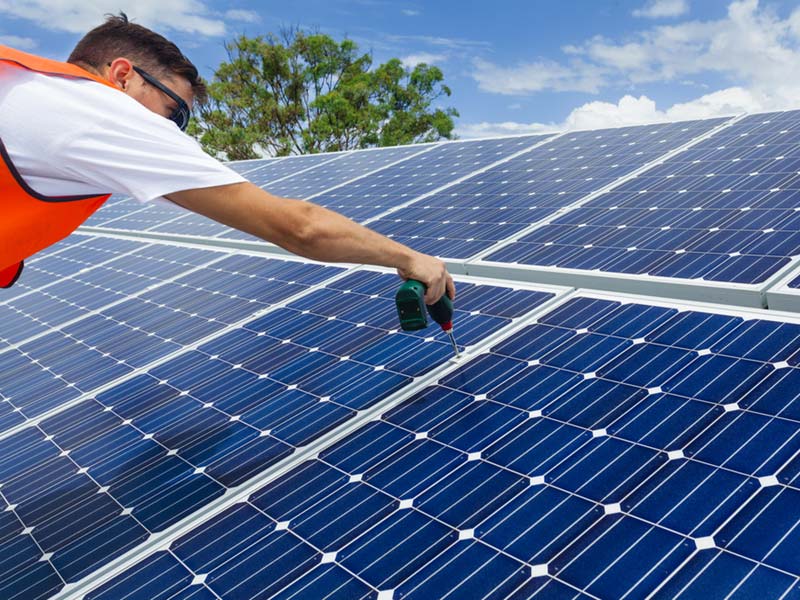
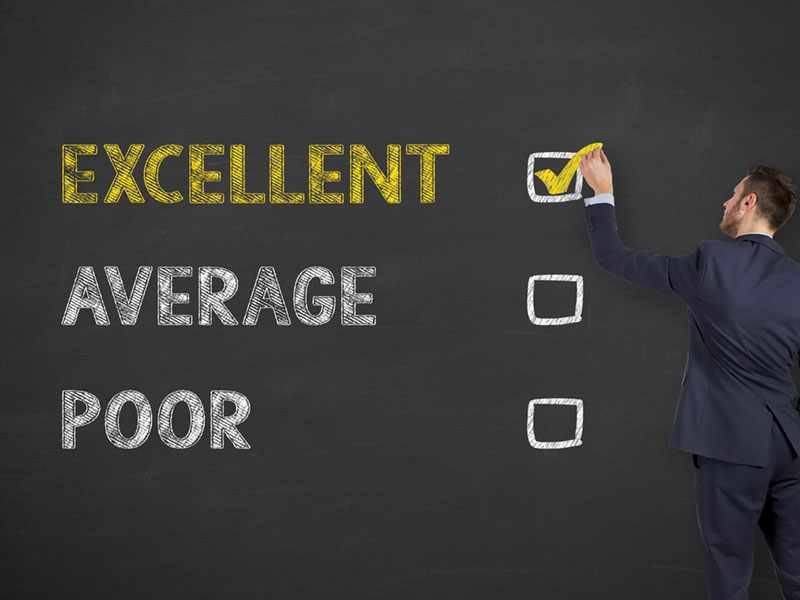
Efficiency of LG Solar Panels
LG are in the top 10% of solar panel brands for efficiency with their most efficient panel being the LG320N1C-G4 at an impressive 19.5% but this is not the primary reason for their ranking.
You can read more about the efficiency of solar panels and why it is not something on which we place great weight when ranking the overall attractiveness of one solar panel over another.
Power output of LG solar panels
Solar Panels are rated at a particular wattage based on their power output at STC (standard test conditions) which involved 1000 watts of irradiation per square metre at a temperature of 25 C. (77 F).
However, real world conditions are much different to this. Generally speaking cells will operate at temperatures well above 25C and panel output will typically fall as temperature rises.
The rate at which power output falls for each 1 degree increase in temperature is called the temperature coefficient. A better panel will have a lower temperature coefficient such that although its output wills till fall as temperature increases it will fall at a lower rate.
The rating system of PTC (Photovoltaics for Utility Scale Applications Test Conditions) is an attempt developed by NREL (National Renewable Energy Laboratories) to rate different panels at how much they will produce in real world temperatures.
The temperature coefficient of the LG Neon II solar panels is a -0.38% fall in production per 1 degree increase in temperature. The lower this number the better as this means output falls less as temperature rises. The LG coefficient is around average amongst the better brands of panels but nowhere near as good as the temperature coefficient of -0.29% from Sunpower X Series panels.
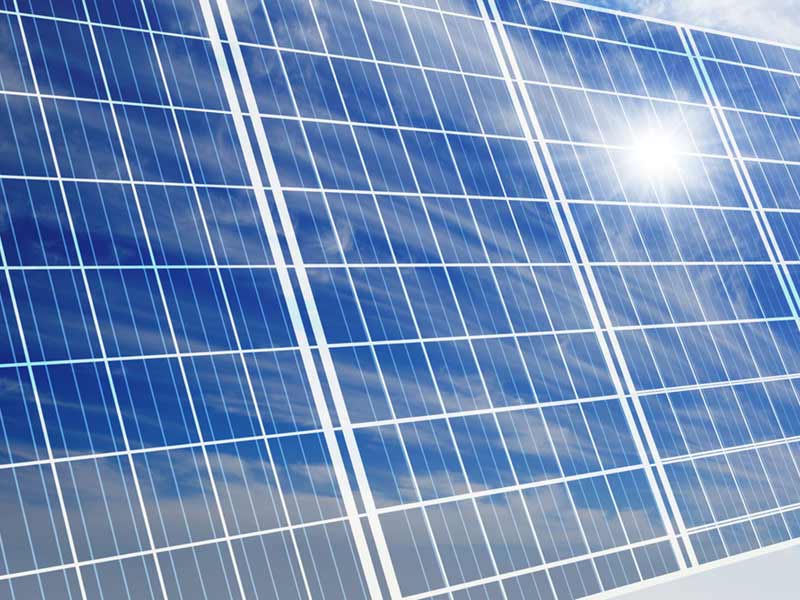
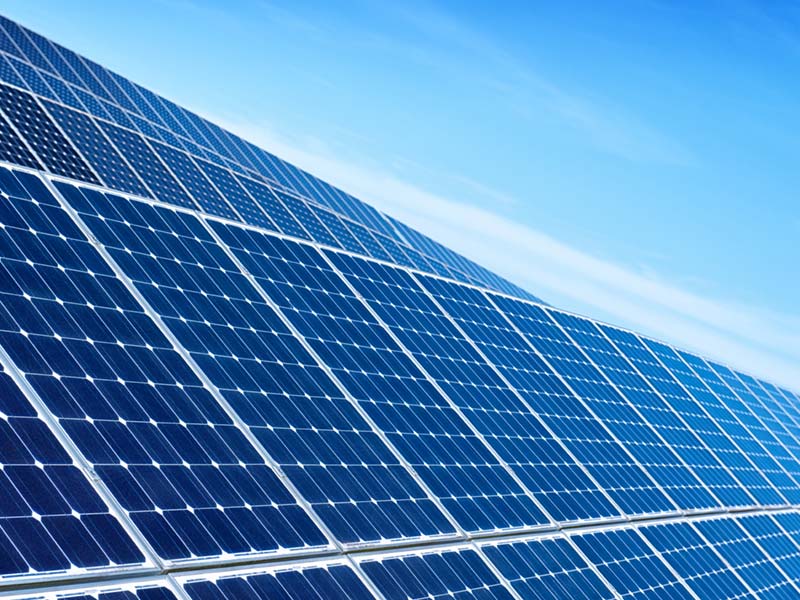
How much do LG solar panels cost?
Value or cost efficiency is a big factor because at the end of the day solar is a financial decision for most people rather than predominantly an environmental choice. In many parts of the US electricity costs are quite low and so value systems around $3 per watt fully installed are needed to give consumers the 6-10 year payback they need for solar panels to be attractive. As such we see it as a positive factor if solar panel brands have a relatively low cost of manufacture and a low selling price in the US.
It is hard to get visibility on the wholesale price of LG solar panels but retail systems seem to be available with a tier one string inverter for around $3.20 per watt for a cash purchase.